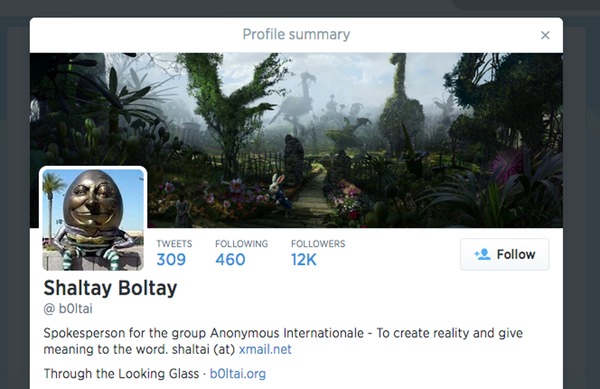There may be red faces in Red Square, after Russian prime minister Dmitry Medvedev had his Twitter account hacked.
The Russian-language account @MedvedevRussia, which has more than 2.5 million followers, was compromised on Thursday by hackers who posted messages suggesting Medvedev was immediately resigning, and making criticisms of Russia's president Vladimir Putin.

I resign. I am ashamed for the actions of the government. I'm sorry
If such an announcement were genuine, of course, it would make headlines and raise eyebrows around the world.
But when the hackers followed up by posting messages on the account proposing the banning of electricity, and that the Russian PM would now pursue a career as a professional freelance photographer, it should have become obvious to everyone that Medvedev was no longer in control of his social media account.
According to media reports, the Twitter account was under the control of hackers for approximately 40 minutes yesterday before control was wrestled back by the PM's office.
The only silver lining is that whoever hacked the account did not take advantage of the situation to direct some of the Medvedev's 2.5 million followers to websites which might have contained malware designed to infect their computers.
A hacker calling themselves Shaltay Boltay ("Humpty Dumpty") has claimed responsibility for the hack. Besides the attack on Medvedev's Twitter account, Shaltay Boltay has also in the past published internal Kremlin documents and leaked private emails from government officials.

Shaltay Boltay, who describes him or herself as a member of Anonymous on their Twitter profile, posted a message claiming that they they had also managed to compromise the Gmail account and three iPhones belonging to the Russian prime minister. However, whether that is true or not is open to question.
In all likelihood, a busy chap like Dmitry Medvedev isn't running his Twitter account on his own. Chances are that he has staff in his office who assist him with his social media presence.
And there lies the problem.
Although Twitter has introduced extra levels of protection like two factor authentication to better protect accounts from being hijacked, it doesn't have good systems in place that work well when more than one person is accessing and posting from a Twitter account.
It would only have taken Medvedev, or one of his staff, to have been careless with their passwords once, or to have used an easy-to-guess password, or to have used the same password elsewhere on the web, for the hackers to have found the weak point necessary to break in and seize control.
Remember - you should always be careful with your passwords. Choose passwords wisely, make sure that they are hard to crack, hard to guess and that you are not using them anywhere else online.
If you find it hard to remember your passwords (which would be understandable if you are following the advice above) use a password management program which can remember them for you, and store them securely behind one master password that you *will* remember.
And once you're following a strong password policy, ensure that you are always careful where you are entering your passwords, that you never enter them on a third-party site that could be phishing for your credentials, and be sure not to share passwords with friends or colleagues unsafely.




